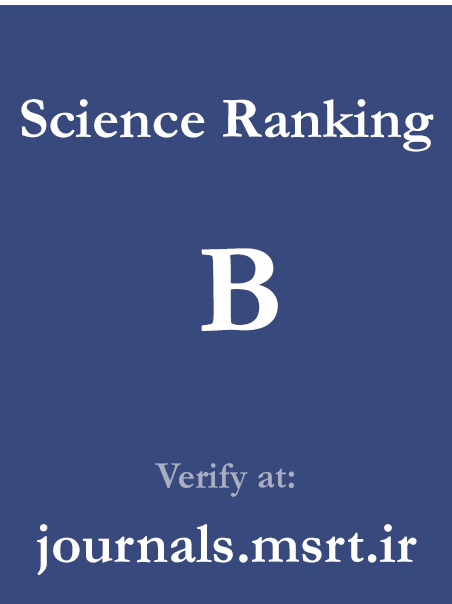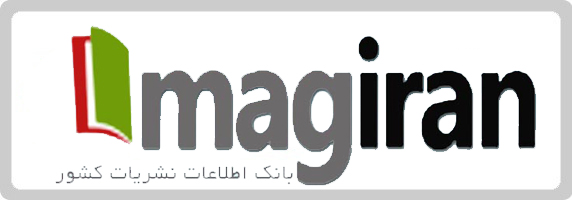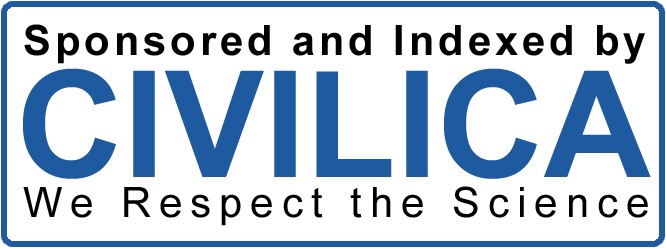Reconceptualizing Philosophy for Children through Islamic Educational Thought: A Theoretical and Comparative Framework
Keywords:
Philosophy for Children (P4C), Islamic Educational Philosophy, Hikmah, Adab, Fitrah, Critical and Dialogical Pedagogy, Culturally Responsive Curriculum, Intercultural Pedagogy, Comparative Educational FrameworksAbstract
Despite the global expansion of Philosophy for Children (P4C), limited research has examined its integration with Islamic educational philosophy within culturally grounded contexts. Existing P4C models largely rely on secular frameworks, leaving a gap in addressing the epistemological, ethical, and spiritual dimensions central to Islamic pedagogy. This study proposes a theoretical and comparative framework that integrates P4C’s inquiry-based learning with the holistic principles of hikmah (wisdom), adab (moral discipline), and fitrah (innate disposition) derived from Islamic thought. Through a critical review of literature and conceptual synthesis, the framework identifies convergences—shared emphases on reasoning, moral development, and dialogical engagement—while also mapping divergences in metaphysical assumptions and educational goals. The proposed model (Figure 1) offers practical insights for designing culturally responsive curricula that integrate critical inquiry with spiritually informed values. Findings contribute to debates on intercultural pedagogy, highlight the potential for curriculum innovation in Muslim-majority settings, and open new avenues for empirical applications and policy-oriented research in global educational contexts.
Downloads
Downloads
Published
Submitted
Revised
Accepted
Issue
Section
License
Copyright (c) 2025 Zahrasadat Hashemi

This work is licensed under a Creative Commons Attribution-NonCommercial 4.0 International License.




